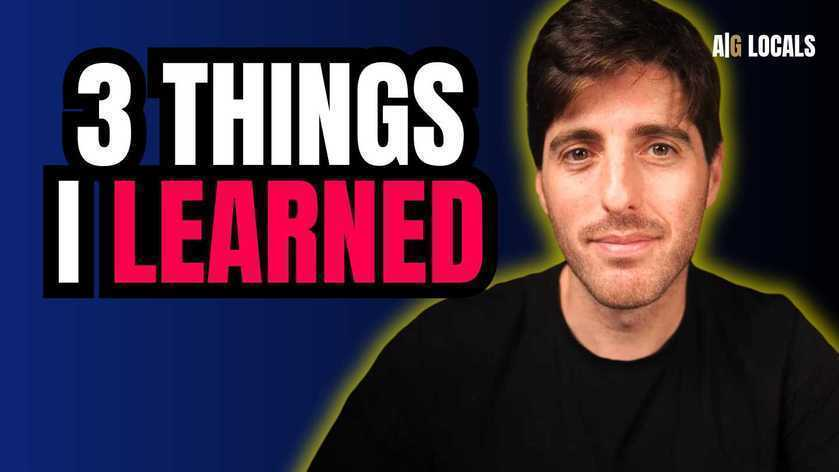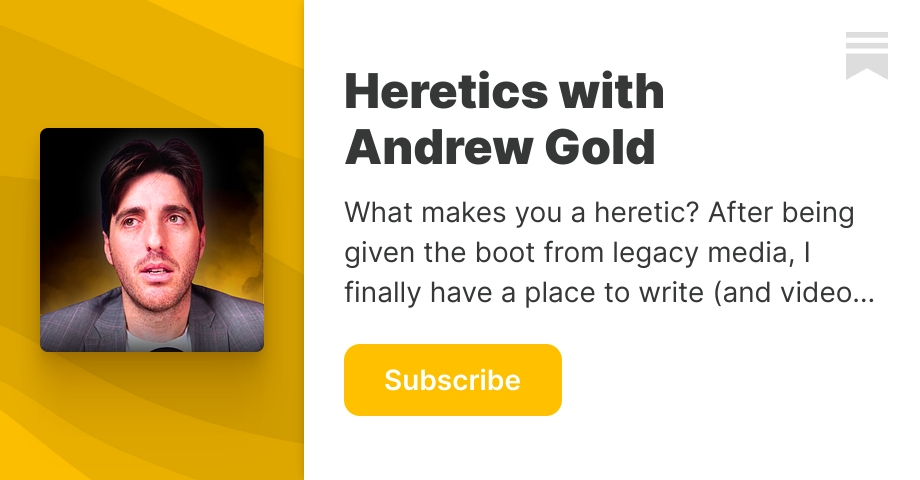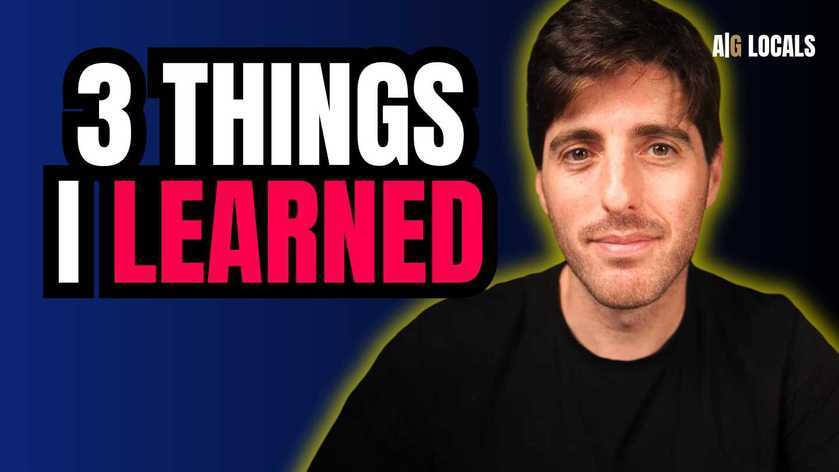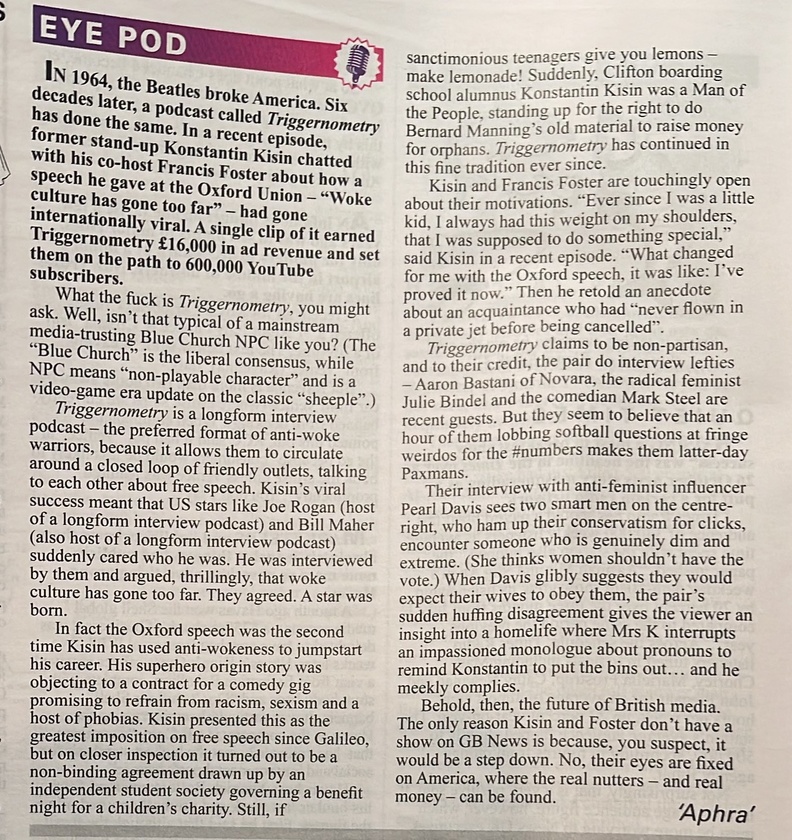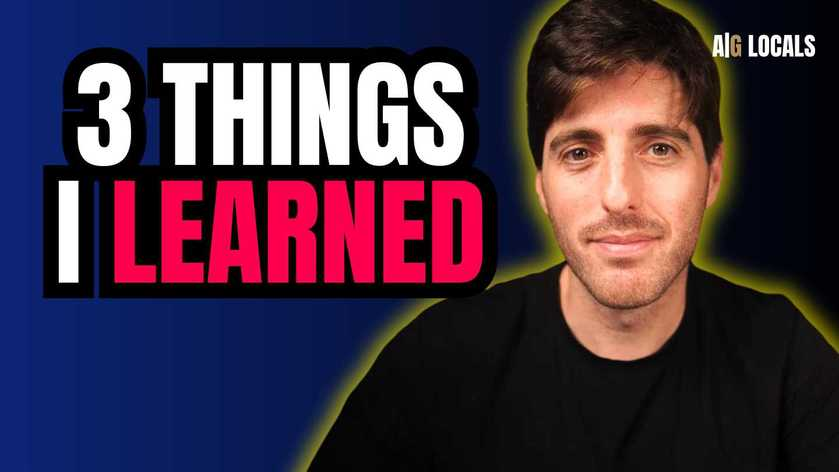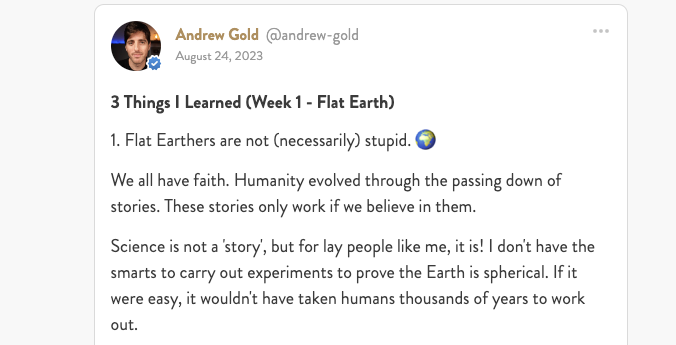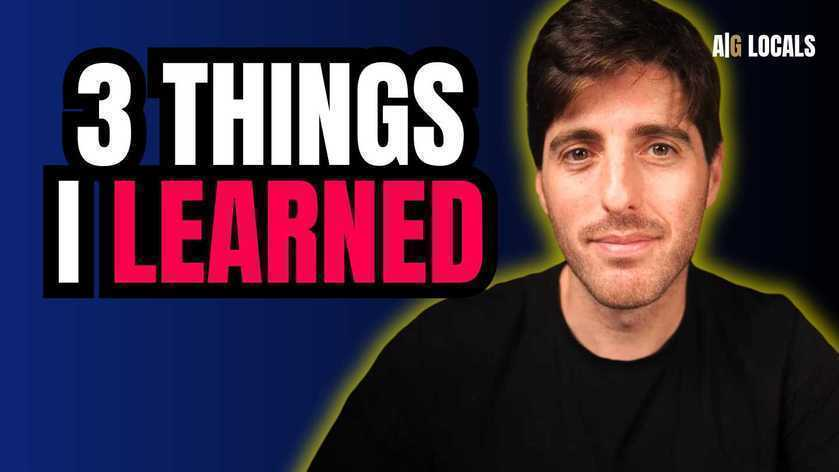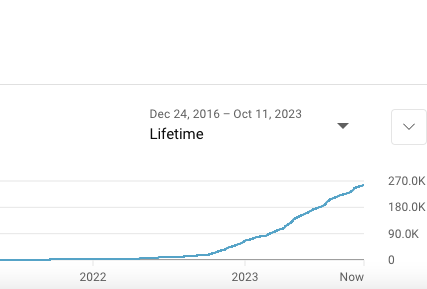1. 250k subs
Three years into my podcast journey, I find myself in a rare position, with 250k subs. I think that warrants contemplation. Unlike celebrities, I have a through-line direct to my subscribers. I respond to your questions, we talk back and forward and you give me ideas. It's collaborative, and that's pretty cool.
It makes it feel like you really know me, in a way that celebrities are unknowable. I even get to know little snippets about you. And that's all part of this strange YouTube phenomenon.
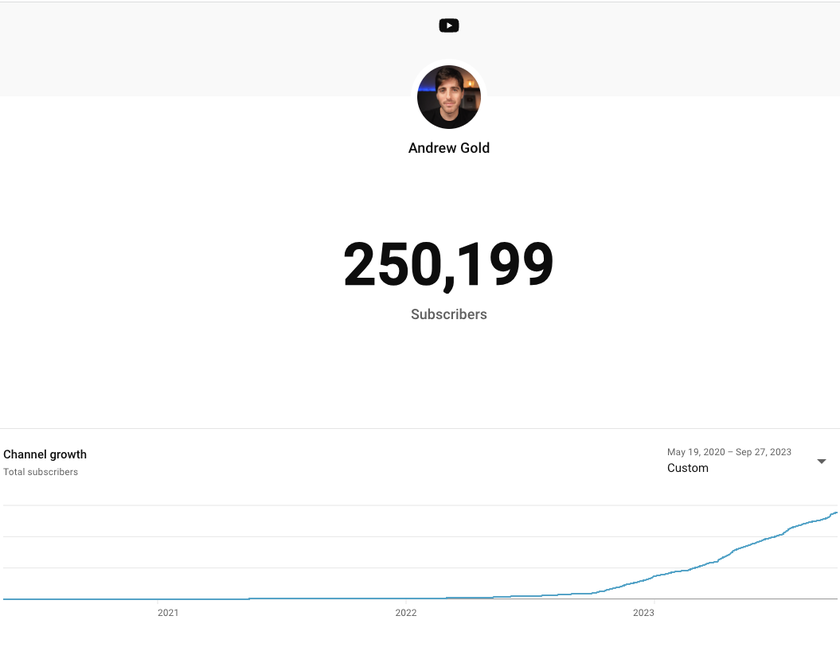
In the scheme of things, 250k isn't much. Few people recognise me (or at least, few come up to me) in the street. At the same time - when I refresh my page on YouTube, I have hundreds of new comments. It's impossible to reply. (I hope people understand if I don't 'like' and reply as much as I once could).
The main thing is: I'm now able to make a living doing the thing I love. I have ambitions, too. I want to interview some of the world's leading minds, and to do so in really cool productions...moving cameras, rustic warehouse studios, the lot!
Who are my 250k subscribers? Well, they're mostly women, and mostly American. But it's diverse.
Many will have signed up 2 years ago, and not continued watching or seeing my videos pop up. Some will have left YouTube. Others, their tastes may have changed, and their circumstances too. Sadly, around 2,000 may have died in the past year, and left their accounts open. I know of one - my former mod - who died: Secret McSquirrel. And two contributors at the time of writing: Jesse Morton and, just last week, Maddy Anholt.

Others will have given birth, bringing hopeful new people into the world. We're all subscribers to Planet Earth (the thing, not the BBC series). We all sign up, we all watch a bunch of stuff, and we all leave. Let's enjoy the show - it's live!
2. How to argue better
In my episode with Anthony Magnabosco, he taught me about Street Epistemology and the practice of arguing better with people. It's about understanding the views of people who think differently from us. It's a really hard thing to do, because we feel attacked when someone doesn't agree with opinions that we associate with our identity. If possible, it's advisible to over-ride that - or at least, to become aware of your encroaching heatedness! 'Why is this making me angry and emotional?' ask yourself. 'Why do I consider this viewpoint a part of my identity?'
In fact, maybe it's better to use Street Epistemology not to argue better - but to understand why you might be wrong. And how brilliant it will be if you are wrong - you will have learned something. That's what humans are supposed to do.
I like the Street Epistemology idea of asking someone where they are on a scale of 10 in their beliefs. If they say 'I believe in Russell Brand's innocence 10 out of 10', you might ask 'Ok, what would have to happen...what new evidence would have to come out...to take you down to a 9 out of 10?'
People are more likely to move down to that 9 when they feel you're from their tribe: you're one of them.
The aforementioned Jesse Morton was a former terrorist, and he spent his later years deradicalising others. But he could only do so from a place of kinship with terrorists. He had to show them how much he understood and empathised with them. He didn't seek to take them from a 10 to a 1, becuase that wouldn't have worked. Instead, he took them from a 10 to a 9, which meant the difference between a benign ideologue and a terrorist attack. He agreed openly with them - apart from on the topic of violence. 'You are right,' he told the terrorists, 'but violence isn't the way.'
That's why I think it's important to be open with viewers about my appreciation of Russell Brand's talent, and the fact that there is llikely media collusion to oust him. It's important that his fans see me as one of them - and, despite being one of them, I am inclined to believe that he has done some bad stuff.
3. A Cult Is Attacking Me - And UK Laws Encourage It
I can't say too much about this because I don't want to make things worse. But one of the cults that I exposed has been coming after me. Not in a dangerous way, yet. But first, they tried to get me in trouble with YouTube. Then, they sent legal letters full of lies requesting I take down the video about them...
...but the weirdest part came this week, when I got something called a Subject Access Request from them through the Information Commissioner's Office. Apprently, they're within their rights to request that I show them all my private correspondence (including emails and messages) that mention the cult members. As a journalist, I should have known this - so I was shocked.
I had to reply and cite the exemption of being a journalist and that there was a reasonable expectation of confidentiality from my interviewee. I can't just hand over emails and messages from this vulnerable person to the cult; it'd be neglectful and...well, just awful in principle. Imagine the precedent it'd set. It's a pain, because it's stressful to deal with, and it took a lot of phone calls and research to make sure I worded my reply well. I don't have time for this - who does? The person on the phone actually told me you should delete all correspondence you think might one day be requested!
I imagine that the cult will contest my refusal, and that the ICO will find in my favour - surely they don't want to force a journalist to hand over compromising, private material about a vulnerable individual to a cult.
But what if I weren't a journalist? I wouldn't have that exemption.
Apparently this system is often used by, say, fired employees, in an attempt to see what bosses have written about them. I'm not sure how I feel about it, except that - in the face of the UK's new 'safety' bill (allowing governments to spy on private messages), this is feeling rather authoritarian.
---
What are your thoughts? Let me know below!
